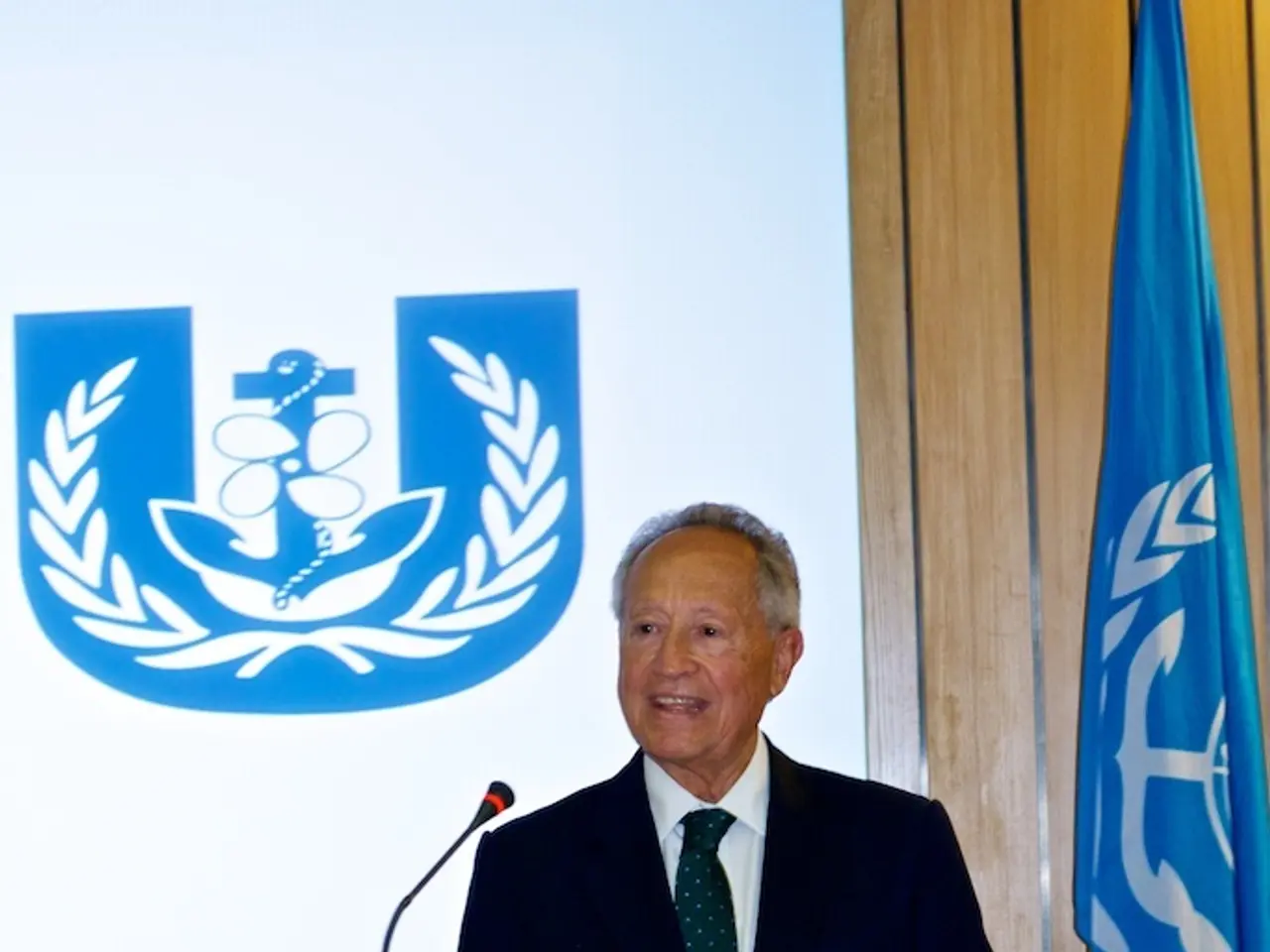Trump Ponders US Intervention in Israel-Iran Tensions
Trump plans to make a decision within two weeks' time.
In the next fortnight, US President Donald Trump is expected to make a call on whether the States will join Israel in their battle against Iran. This decision follows whispers of a "golden chance" for dialog with the Middle Eastern nation, as divulged by Trump's press secretary Karoline Leavitt at a press conference.
Here's a quick rundown of the current situation:
US Military Moves
Despite internal Republican resistance and evaluations of the crisis, President Trump has hit the brakes on a straight-up US involvement in the Israel-Iran war. Iran, on the other hand, has taken some serious blows, with Hamas and Hezbollah dismantled, air defenses neutralized, and Israeli control over Iranian airspace dominating the skies above Tehran. However, the Israelis have yet to cripple key nuclear facilities such as the Fordow site, which may necessitate the use of high-tech American explosives.
In an ominous show of force, the US has deployed the Nimitz Carrier Strike Group to the Middle East by June 22, suggesting readiness for potential military action or deterring escalation. Iranian-backed militias in Iraq have threatened to retaliate against US troops if engaged, aiming to deter US intervention and provoke a wider conflict.
Negotiations with Iran
Iran is employing nuclear talks as a strategic chess move to put the US in a tough spot: either accept Iran's terms and allow nuclear enrichment or commit to a drawn-out pursuit of hidden nuclear materials. Despite the conflict, Iranian officials have stood their ground, while US and Israeli negotiators refuse to concede to their demands.
France, Germany, and the United Kingdom are making efforts to bring Iran back to the negotiation table, despite the ongoing hostilities. Ongoing meetings involving Iran, European diplomats, and indirect US participation indicate a parallel diplomatic effort to manage the crisis and prevent an uncontrolled conflict or continuous escalation.
The Big Picture
Despite military preparations and threats from Iranian proxies in the region, President Trump is hesitating on a direct military intervention. Iran, on the other hand, is unyielding in its nuclear bargaining position amidst European diplomatic efforts, creating a delicate balance of military tension and diplomatic maneuvering. The International Atomic Energy Agency has alarmingly reported eroding security at Iranian nuclear sites due to Israeli attacks, increasing the urgency for diplomatic solutions.
The decision by President Trump regarding the militarily involvement of the United States in the Israel-Iran conflict might be influenced by negotiations with Iran, as both parties seem unlikely to yield in their respective stances. The current political landscape also involves general-news stories about the US deployment of the Nimitz Carrier Strike Group, along with threats from Iranian-backed militias, which adds another layer to the politics surrounding this crisis.








